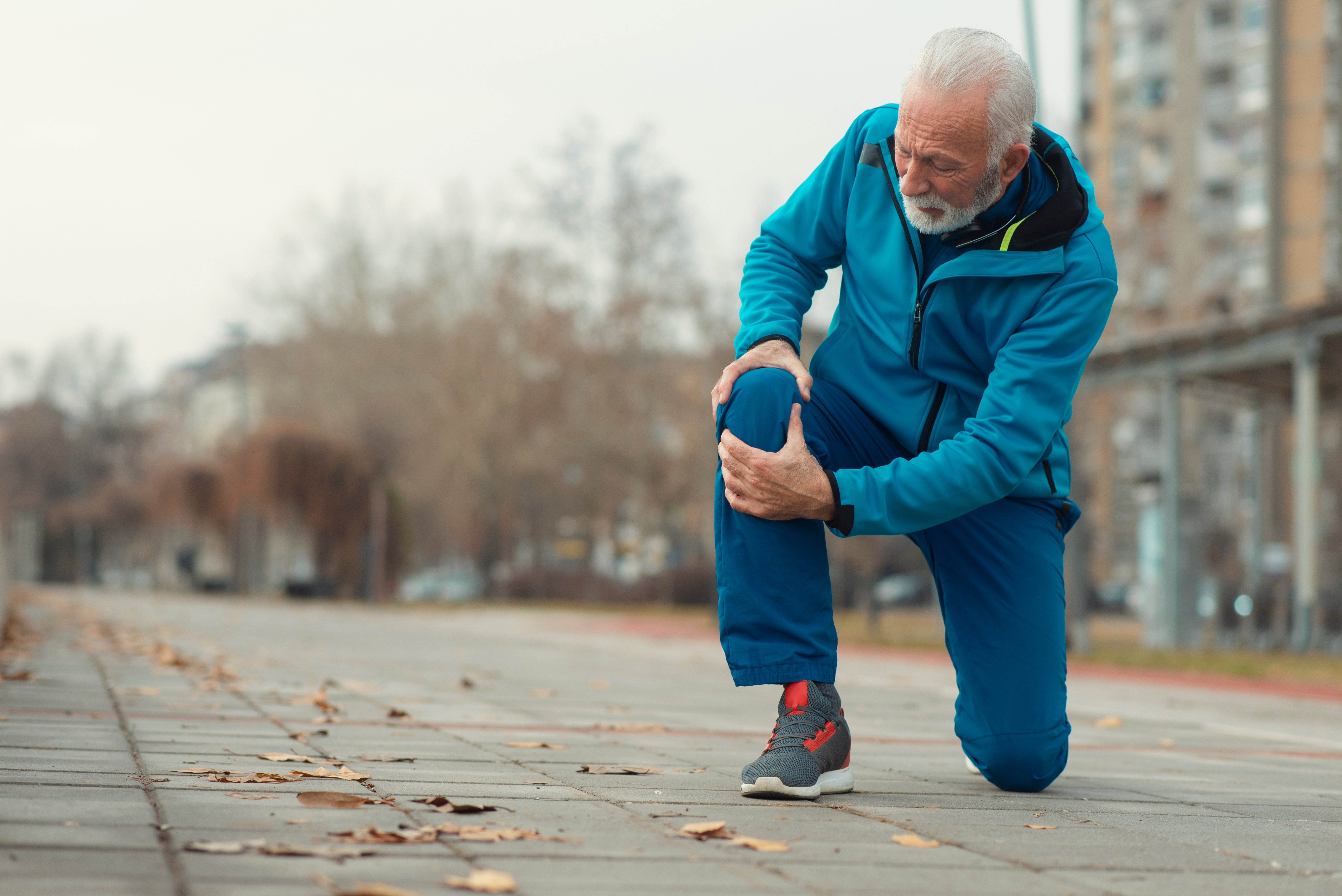
Maybe you often experience joint aches when it gets cold. Most people often blame the pain on weather changes. Doctors also believe a temperature drop can make patients feel more joint pain. While the phenomenon is commonly accepted, have you ever wondered why cold weather causes your joints to feel that way?
Although no scientific reasoning justifies why joints ache when it gets cold, some factors can explain it.
Changes in Barometric Pressure
Weather fluctuations can change barometric or atmospheric pressure. It rises when the weather gets warm and drops in cold weather. When the weight of air or barometric pressure drops, joint tissues slightly expand, causing joint pain.
High Humidity
High humidity, accompanied by cold weather, can make your joint pain worse. Some researchers claim high humidity levels can harm your cartilage and bone cells.
Joint Fluid Thickening
Your joints have a shock-absorbing fluid called synovial fluid. It has an egg-white consistency to give you unencumbered and proper joint movement. When the temperatures get colder, this fluid becomes thicker. As a result, that obstructs its free flow, and your joints get stiff.
Nerve Sensitivity
Past or current joint injuries lead to increased nerve sensitivity with a drop in temperature. Nerve hypersensitivity when cold also happens due to adhesion, inflammation, and scarring. As a result, you experience nerve pain when it gets cold.
Inactivity
Most people are less active when the weather gets cold, like during winter. Most joint conditions require stretching and frequent working out for a good response. Being inactive for prolonged periods worsens joint pain.
How to Protect Your Joints From Pain During Cold Weather
It is vital to ensure you have joint protection when temperatures drop. Do your best to stay warm and avoid exposing your joints to the cold. Stay in hot surroundings. Ideally, do your best to stay warm when the weather gets cold. Keeping warmer can help reduce aches and pain. Warm your house and car, wear warm clothing, and use electric blankets to avoid joint pain.
Purpose to always stay active. Regular exercising will strengthen your bones and muscles. As a result, you will reduce exerting pressure on joints to reduce your risk of injury. Ideally, try to remain active even during cold weather. Avoid making your joints inactive —keep moving by doing daily stretches.
Take additional measures to manage swelling if you notice that your joints have started swelling in cold weather. You can do so by wearing braces or bands. Wear snug clothes and gloves for swelling management.
Improving your mood can also help how you tolerate joint pain. Your psychological state can help you make the right decisions toward alleviating or managing your pain. Do activities that lighten up your mood and make you happy, eat healthily, and ensure you get enough sleep to keep your body healthy. Maintaining a healthy weight will also reduce pressure on your joints, particularly on the knees.
Sometimes, your joint pain may need pain medication for relief or discomfort management. Consult your doctor so they can advise you about the dose, type, and the number of times you will need to take the medications.
For more about joint pain, visit Cashae Spine & Sports in Silver Spring, Maryland. Call (240) 219-8975 to book an appointment today.





